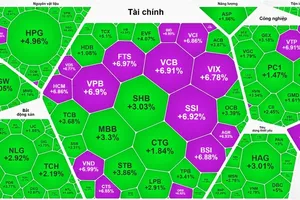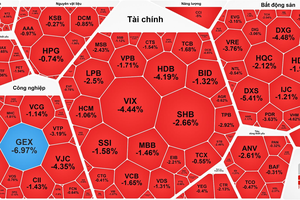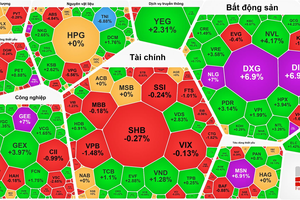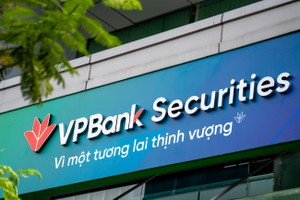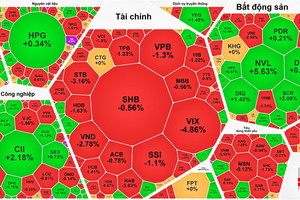The State Securities Commission (SSC) announced on September 12 that the Government had issued Decree 245/2025/ND-CP (dated September 11, 2025), amending and supplementing several provisions of Decree 155/2020/ND-CP. The new decree provides detailed guidance for implementing certain articles of Law 56/2024/QH15 and addresses practical challenges in the operation of Vietnam’s securities market.

Under Decree 245/2025/ND-CP, 89 articles have been amended, and provisions in 22 articles of Decree 155/2020/ND-CP have been repealed. One key revision clarifies the term “corporate restructuring,” ensuring consistency and legal certainty when enterprises conduct securities offerings, issue new shares, or seek continued listing in the face of significant changes to operations or governance.
The decree also specifies how “total asset value” should be determined when assessing whether a transaction qualifies as a corporate restructuring deal—defined as any transaction worth at least 35 percent of total assets. The benchmark is based on audited financial statements: consolidated statements for companies with dependent units lacking legal status, or whichever is lower between the parent company’s separate and consolidated financial statements.
A notable change strengthens the accountability of securities firms advising on public offerings, issuances, and listings. The decree standardizes the submission and processing of administrative procedures through the National Public Service Portal, enabling the use of digital identification accounts—a step toward the comprehensive digitalization of public services in the securities sector.
Advisory institutions must directly conduct dossier preparation for securities offerings, issuances, listings, and registrations. For offerings and issuances, companies are now required to report and disclose the use of raised funds every six months from the close of an offering until full disbursement, with audited capital-use reports to be presented at annual general meetings.
For initial public offerings (IPOs), prospectuses must include an independently audited report on contributed charter capital. Post-IPO, when accompanied by listing, the timeframe for shares to debut on the exchange has been cut from 90 days to 30, better protecting investors and enhancing the appeal of new issues.
Public bond issuance conditions have been tightened, requiring issuers and corporate bonds registered for public sale to be credit-rated—except in cases where bonds are issued by credit institutions or are fully guaranteed by domestic or foreign banks, financial institutions, or international financial organizations.
The decree also eases barriers for foreign investors. Recognition procedures for professional investor status have been adjusted to align with foreign legal documentation, making participation in private placements more accessible. The rights of foreign shareholders are also more clearly safeguarded under the new rules.
